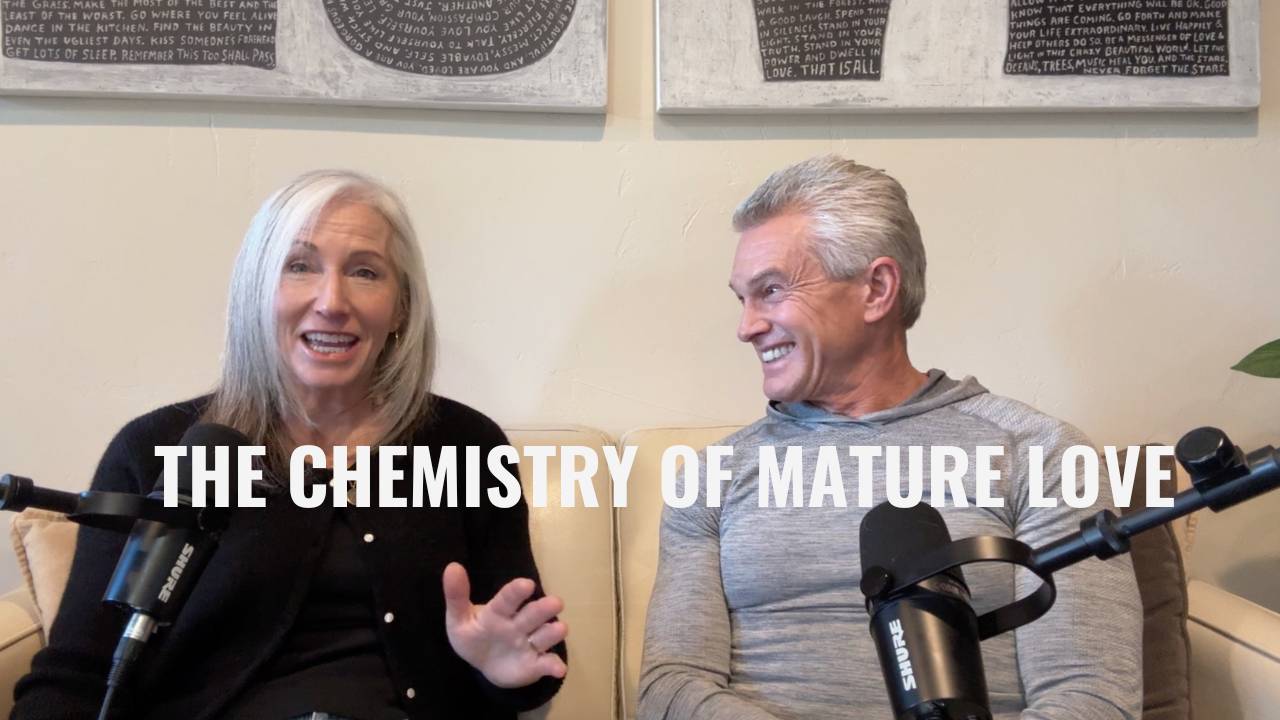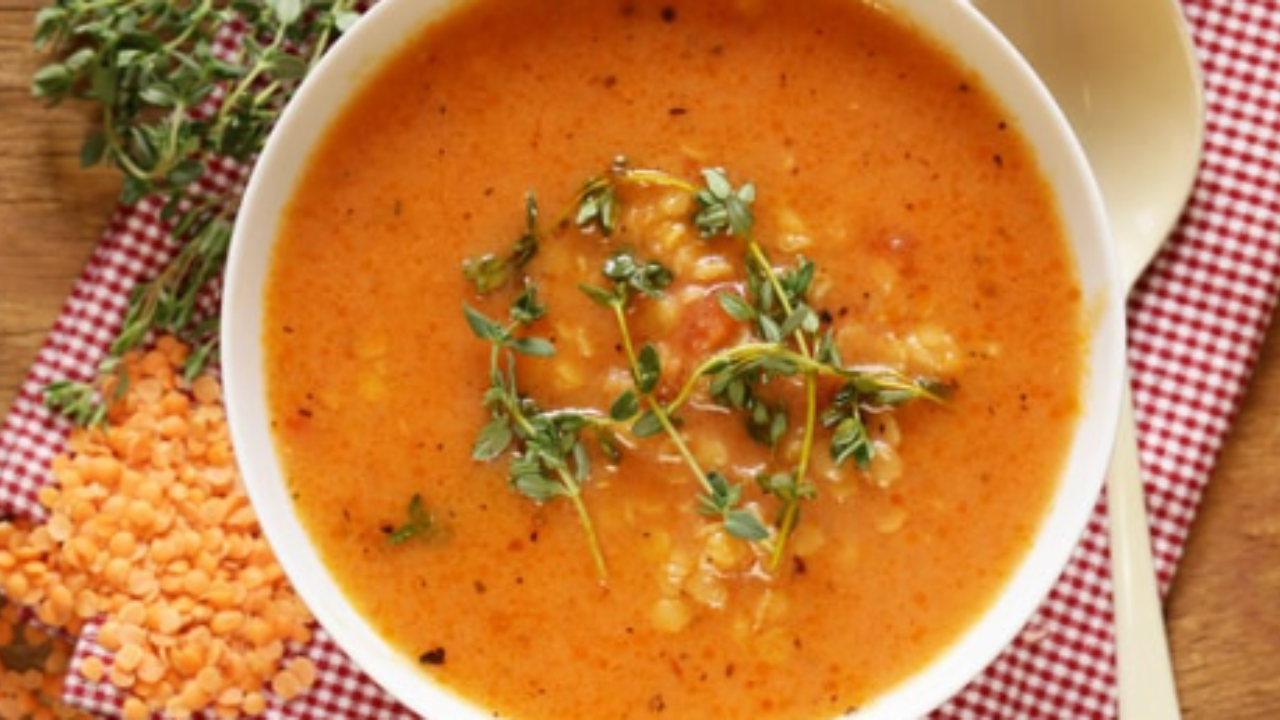The Helper's High: The Science and Joy of Giving

Have you ever noticed how good you feel after helping someone in need? This phenomenon, often referred to as the "helper's high," isn't just a figment of our imagination—it's rooted in our neurochemistry and biochemistry.
Neurochemistry of Helping
When we engage in acts of kindness, our brains release a cocktail of feel-good chemicals. Endorphins, the body's natural painkillers, flood our system, creating a sense of euphoria similar to that experienced by runners. Additionally, the release of dopamine, the neurotransmitter associated with pleasure and reward, reinforces the behavior, making us feel happy and fulfilled.
Biochemical Benefits
Acts of altruism also impact our biochemistry. Helping others can reduce levels of cortisol, the stress hormone, which in turn lowers blood pressure and enhances overall heart health. Lower cortisol levels mean reduced stress and anxiety, contributing to better mental well-being. Furthermore, engaging in regular acts of kindness can boost our immune system, making us more resilient to illnesses. The calming effect of oxytocin, sometimes called the "love hormone," is also increased, fostering feelings of connection and reducing anxiety. Higher oxytocin levels promote trust and bonding, enhancing our social relationships and overall sense of belonging.
Living Longer and Stronger Through Love and Service
Research suggests that people who regularly engage in acts of kindness and service tend to live longer and healthier lives. The combination of reduced stress, improved immune function, and enhanced social bonds creates a foundation for longevity. By circulating our love and service, we not only improve the lives of those around us but also fortify our own physical and emotional health. The helper's high is a powerful reminder that our well-being is deeply interconnected with the well-being of others.
Reflecting on Your Unique Gifts
Everyone has something unique to offer, and discovering what you love to give can enhance the joy of serving others. Reflect on the activities or causes that ignite your passion. Do you love sharing knowledge, offering a listening ear, or providing practical help? Understanding your unique gifts can help you find meaningful ways to serve that resonate deeply with you.
Ways to Serve
Consider how you can incorporate acts of kindness into your daily routine. Small gestures, such as holding the door for someone, volunteering at a local shelter, or simply listening to a friend in need, can make a significant impact. Remember, it's not about the magnitude of the act, but the intention and love behind it.
Call to Action
I encourage you to take a moment and think about what you love to give and how you love to serve. By integrating acts of kindness into your life, you not only contribute to the well-being of others but also enhance your own physical and emotional health. The helper's high is a beautiful reminder of our interconnectedness and the profound impact we can have on the world, one kind act at a time.
Embrace the joy of giving, and let the ripple effect of your kindness spread far and wide.
DIEM
The Immersive Experience
Every day is a fresh opportunity to step into the life you’ve always imagined. But transformation doesn’t happen by chance—it happens by choice. The DIEM system gives you the tools, structure, and support to make that a reality. Don’t wait for the “perfect moment”—start building the life you want today.






